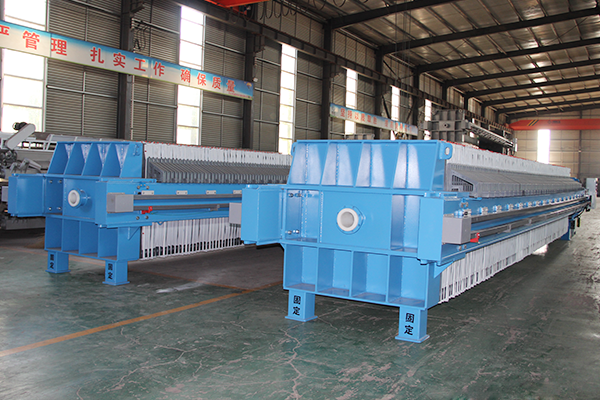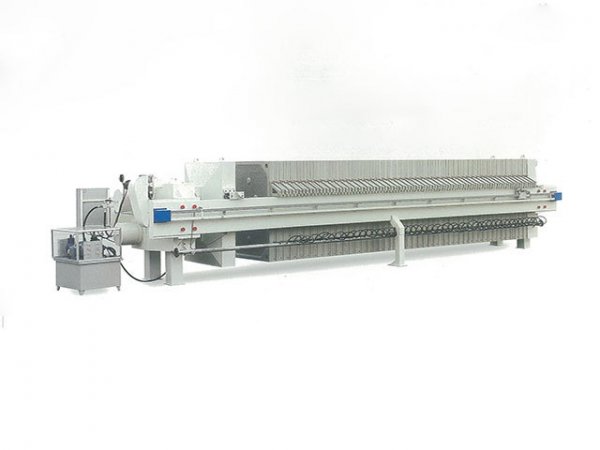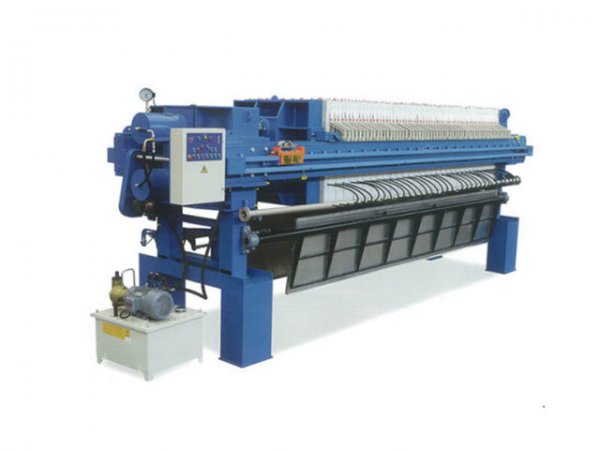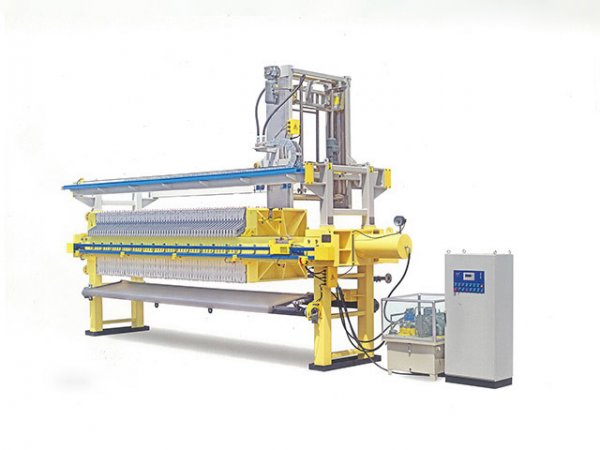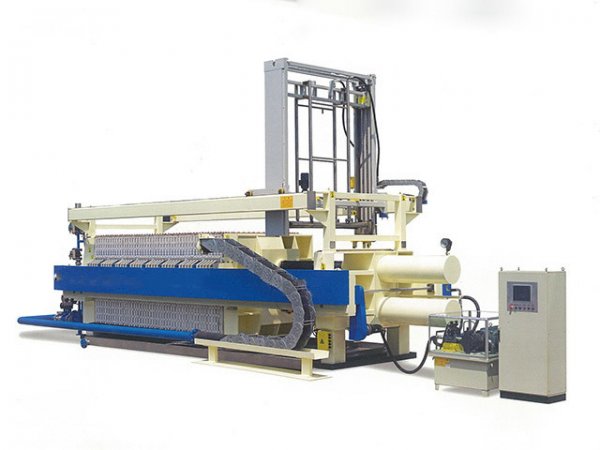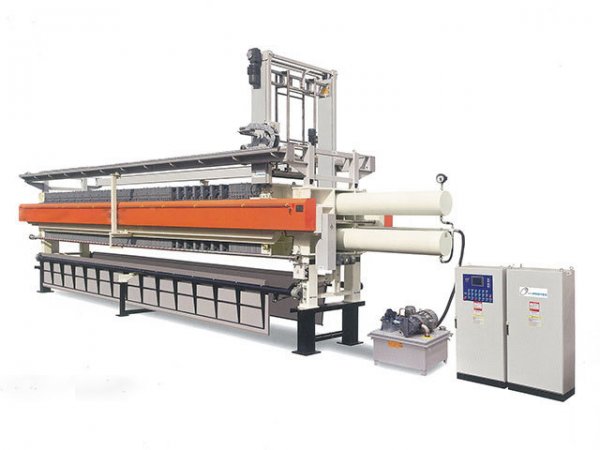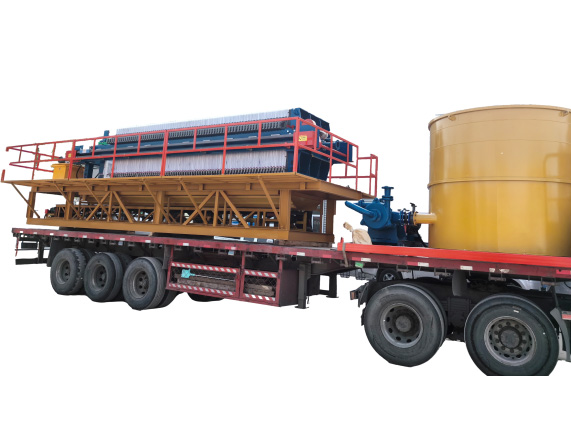NewsDetails
Automatic Filter Press Operation Steps | Beginner-Friendly Guide
author:Shuangcheng time:2025-07-25 04:30:30 Click:75
The Automatic Filter Press is a critical piece of equipment in many industrial processes, particularly in wastewater treatment, mining, chemical processing, and food production. Designed to automate the filtration and dewatering process, it offers efficiency, precision, and consistency—provided it’s operated correctly.
If you're new to filter press operations, this beginner-friendly guide will walk you through the essential steps of operating an automatic filter press safely and effectively. With proper handling, you can extend the life of the machine and maximize your filtration output.

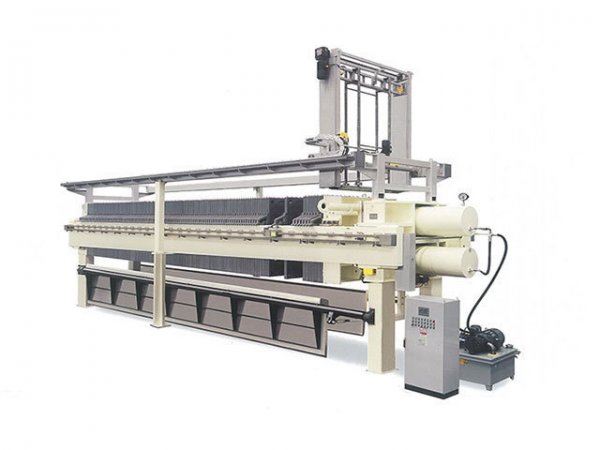
What Is an Automatic Filter Press?
An Automatic Filter Press is a mechanical device that separates solids from liquids using pressure filtration. It consists of a series of filter plates lined with filter cloths. Slurry is pumped into the press, and the liquid passes through the cloth while the solids are retained to form a “filter cake.”
Automation enhances traditional filter press systems by enabling automatic plate shifting, cake discharge, and sometimes even cleaning, reducing manual intervention and labor costs.
Step-by-Step Guide to Operating an Automatic Filter Press
Step 1: Pre-Operation Inspection
Before starting the filter press, it’s crucial to ensure that the system is clean, safe, and ready for use.
Checklist:
Inspect filter plates for cracks or misalignment
Ensure filter cloths are clean, properly mounted, and free of tears
Check that hydraulic oil levels are sufficient
Verify all safety devices and sensors are functional
Ensure the slurry feed pump, wash water system, and air compressor (if applicable) are ready
Why it matters: Prevents startup errors, extends machine life, and ensures consistent filtration quality.
Step 2: Starting the Hydraulic System
Most automatic filter presses operate using a hydraulic system to apply pressure and keep the plates closed during filtration.
Procedure:
Turn on the main power
Activate the hydraulic power unit (HPU)
Use the control panel to initiate plate clamping
Wait for the system to reach the required clamping pressure (usually displayed on the panel or gauge)
Tip: Do not begin filtration until the plates are fully locked and pressure is stable.
Step 3: Feeding the Slurry
Once the plates are secured, start feeding slurry into the press.
Key points:
Open the slurry feed valve
Turn on the feed pump
Monitor pressure buildup (ideal pressure depends on your application)
Allow slurry to fill the chambers between plates gradually
Time factor: Filtration cycle times vary by slurry consistency, filter cloth type, and pressure.
Step 4: Monitoring the Filtration Process
During this stage, the liquid filtrate is pushed through the filter cloths while solids remain behind.
What to watch:
Monitor filtrate clarity: it should be clean and consistent
Check filtrate discharge points for any blockages
Observe pressure gauges: a steady pressure usually means filtration is proceeding properly
Cycle nearing end: Filtrate flow slows as the chambers fill with cake. The press will signal (via control system) that filtration is complete.
Step 5: Cake Discharge
After filtration, the machine will automatically initiate cake discharge.
How it works:
The hydraulic system opens the filter plates
Plates shift one by one, allowing the filter cake to drop
Cakes fall into a hopper, conveyor, or container
Automation bonus: No manual labor is needed for cake removal, reducing downtime and increasing efficiency.
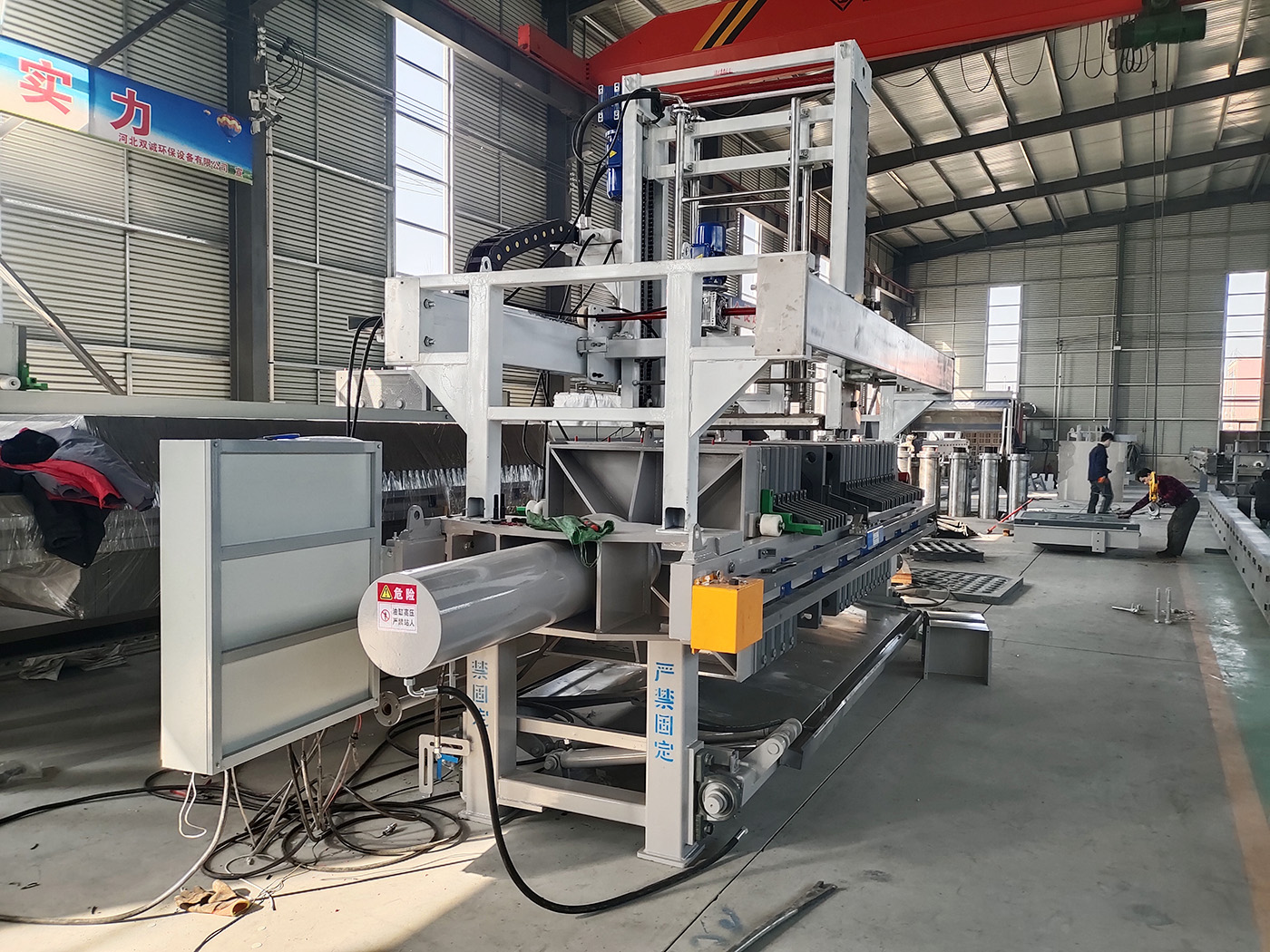
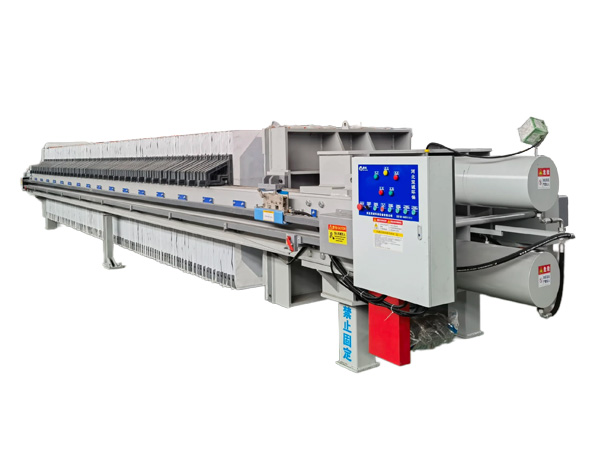
Step 6: Plate Cleaning (If Required)
Depending on the material filtered, you may need to clean the filter cloths periodically.
Cleaning methods:
Manual brushing or scraping
High-pressure water spray system
Integrated automatic cloth washer (on advanced models)
Tip: Clean cloths improve filtrate quality and reduce cycle times.
Step 7: Shut Down and Maintenance
After your filtration cycles are complete, it’s important to shut down the machine properly.
Shutdown steps:
Stop slurry feed
Release hydraulic pressure and open the plates (if not already done)
Wash the plates and cloths if necessary
Turn off the hydraulic and electrical systems
Maintenance tips:
Check for leaks or wear on hoses and seals
Re-tension or replace damaged cloths
Grease mechanical moving parts as recommended
Routine maintenance ensures your Automatic Filter Press remains in optimal condition, ready for the next filtration task.
Tips for Smooth Operation
Train staff thoroughly on safety procedures and control system functions
Monitor and record performance metrics like cycle time, filtrate clarity, and cake dryness
Establish a preventive maintenance schedule
Replace filter cloths at signs of clogging, damage, or reduced performance
Conclusion: Mastering the Automatic Filter Press Process
The Automatic Filter Press offers an efficient and consistent way to handle solid-liquid separation in industrial processes. By following proper operational steps—from pre-inspection and filtration to discharge and cleaning—you’ll not only improve output but also extend the lifespan of your equipment.
For new operators, understanding how each part of the process functions will reduce downtime, improve safety, and result in better-quality filtration outcomes. Whether you’re in wastewater treatment, mining, or chemical production, mastering the operation of your automatic filter press is a worthwhile investment in your plant’s performance.
References
Lee, D. (2022). Principles of Filter Press Operation in Industrial Settings. Journal of Filtration ScienceTechnology
Johnson, A.,Park, M. (2021). Solid-Liquid Separation Fundamentals. International Journal of Process Engineering.
Zhang, W. (2023). Automated Equipment Handling for Press Systems. Industrial Equipment Review.
 Recommended Products
Recommended Products
 Contact us
Contact us
—— Contact:Manager
—— Tel:+86 16632826789
—— Email:sales@hbscfilterpress.com
—— Url:https://www.hbscfilterpress.com
—— Address:West Zone of Economic Development Zone, Fucheng County, Hengshui City, Hebei Province

